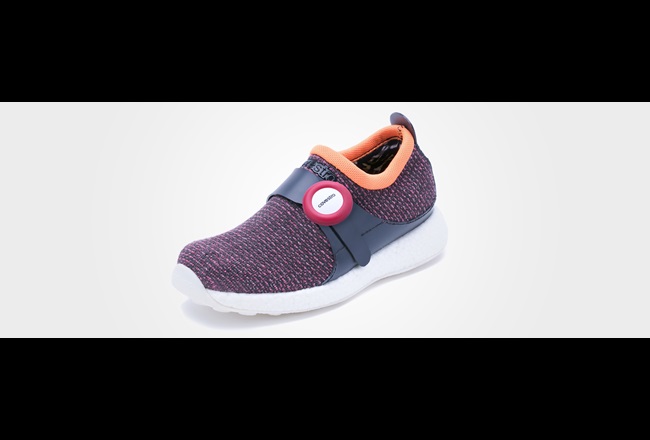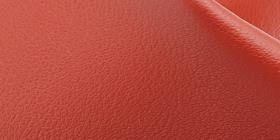
Case study
TPU fiber cuts costs and waste in the footwear industry
Machine-knit shoe uppers are taking the footwear industry by storm as their seamless design radically reduces material waste while enabling faster manufacturing. We developed a unique, innovative TPU fiber for shoe manufacturers that offers hard-wearing performance and versatile design options.
Billions of sport shoes hit the market each year and big brands are constantly looking for innovative materials to differentiate their products. Shoe factories, on the other hand, primarily need stable, high-quality fibers that are suitable for mass production and high-speed manufacturing technologies. We wanted to create a material for the footwear industry that would satisfy these different expectations along the entire production cycle.
Though traditional polyester (PET) fiber is still the norm in footwear due to its versatility and processability, our goal was to create a fiber that would outperform PET. We believed that the quality and sustainability of thermoplastics made them the ideal material for the task. So we set out to create a multi-functional fiber that would enable unique techniques like 3D thermoforming and provide good processability and abrasion resistance for shoe manufacturers.
Our thermoplastic polyurethane (TPU) fiber is created using a dedicated spinning process for uniform quality and a unique feel. Thanks to its intrinsic properties, TPU withstands abrasion far better than common PET. It also offers easy dyeing and low-temperature heat pressing for rigid 3D patterns. Manual sewing steps can be eliminated during production using robotics for the direct bonding of add-ons. Finally, TPU can be easily recycled and reused in other shoe applications to help achieve sustainability targets.
Why our TPU fiber is the right solution for state-of-the-art knitted footwear
- Outstanding durability: Six times more resistant to abrasion than polyester (PET) fabric.
- 3D thermoforming: Easy thermoforming at temperatures as low as 130°C (i.e. far lower than PET).
- Tear-resistant: TPU fibers bond into a strong network after heat pressing or dyeing.
- Overmolding: Eco-friendly direct bonding to TPU fibers happens without glue or solvents.
- Unique feel: TPU creates knitted fabrics with a unique haptic effect.











